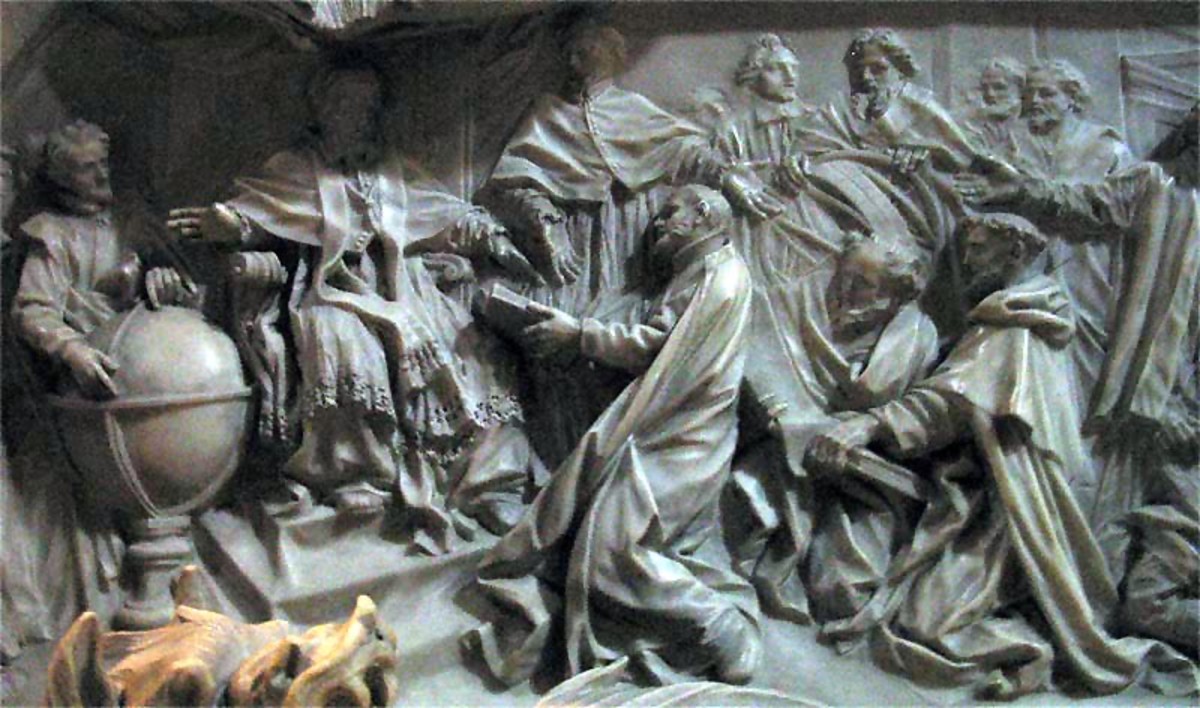

The shortest answer to the question, what century are we in, would be the 21st century, but that is not the only thing we would like to discuss here today. The concepts of time, year, decades and centuries go way deeper than you could imagine.
Do you know when did the 21st century begin and on which date will it end? If the answer in your head is 1st January 2000 and 31st December 2099, then you, our friend, are a little off from the precise date. If you are looking for answers to all these questions, then just keep reading.
The calendar that is being used today in the most parts of the world is the Gregorian calendar, named after Pope Gregory XIII, who proclaimed it in 1582 as a reform to Julian calendar. As per the Julian reckoning, every solar year comprised 365.25 or 365 ¼ days, whereas the more precise measurement would be 365 days, 5 hours, 48 minutes and 45.25 seconds. The inaccuracy for every minute causes a regression in the calendar dates of the seasons by almost one day per century.

(Image Courtesy: Hub Pages)
While this regression was estimated to be amounting to 14 days, Pope Gregory based his reformation on the date of the vernal equinox, which fell on 21 March in AD 325 but on 11 March in 1582. Therefore, it was decided that the calendar dates would be advanced by 10 days, and the date which followed 4 October 1582 was 15 October 1582.
The only difference between the two types of the calendars is that Gregorian does not consider any century year a leap year unless it is exactly divisible by 400. Therefore, while the year 1700, 1800 and 1900 are not leap years, 1600, 2000 and 2400 are.
The day on which the 21st century started was 1 January 2001 and not 1 January 2000. This is because there was no year zero. Anno Domini, the current era that we live in, started on 1 January and the year was 0001. What preceded it was 1 BC, and there was no year in between them; neither AD 0 nor 0 BC.
Since one century is 100 years, the 1st century started on 1 January 0001 and ended on 31st December 0100. The same can be said for the Millennium, which equals 1000 years. While the first millennium started with the 1st century, it ended on 31st December 1000.
Therefore, the 3rd millennium and the 21st century that we live in today started together on 1 January 2001. Now, while the century will end on 31st December 2100, the millennium will go on until 31 December 3000.
Did you find all the information you were hoping to get? Share your thoughts and opinions with us by leaving comments in the dedicated section below. We always love to hear from you.
(Featured Image Courtesy: Ancient Times)